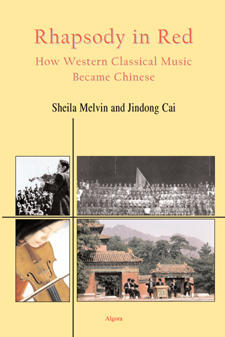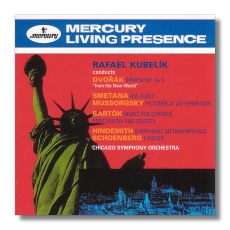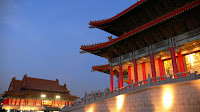 Concert Review: HKPO/McGegan/Simon
Concert Review: HKPO/McGegan/SimonJune 26, 2009, CH
Haydn/Mozart
It was only when I arrived in CH that I found out Isabelle Faust had a family emergency and had flown back to Germany in the morning. A bummer, as I had wanted to hear Lutoslawski's Partita, which along with the Mozart violin concerto no. 4 were ditched. This was curious, as in the morning I had listened to Isabelle Faust's nice interview on RTHK! Did I miss an announcement?
The program was re-invented. Haydn's overture L'isola disabitata opened the program. It was immediately apparent conductor Nicholas McGegan is a real stylist, who got drama aplenty out of the much reduced orchestra. Andrew Simon stepped in last minute and delivered on the bassett clarinet a nice rendition of Mozart's clarinet concerto. As in Haydn, the conducting of McGegan was stylish, brimming with verve, yet mindful of the work's lyricism.
I was surprised to see the orchestra expanded to nearly full string compliment for the 2 Haydn symphonies. This showed McGegan is no dogmatist. The sound gained some body yet remained transparent and stylish under the masetro. Symphony No. 59 Fire and No. 85 La Reine were both impeccably delivered. There were breath and drama in the alternating slow and fast moments and in the execution of hairpin dynamics. Subtle too were plenty of contrasts between the various dance movements. A sense of wistfulness sneaks in once in a while to round out the spectra that is Haydn.
What a master in this repertorie! I gave him a standing applause. The program cited the Cleveland Plain Dealer's description of McGegan: "a welcome Energizer Bunny, bringing rhythmic zest to all things baroque." Very apt; he literally rolled out onto the stage and looked the part. How lovely!
















